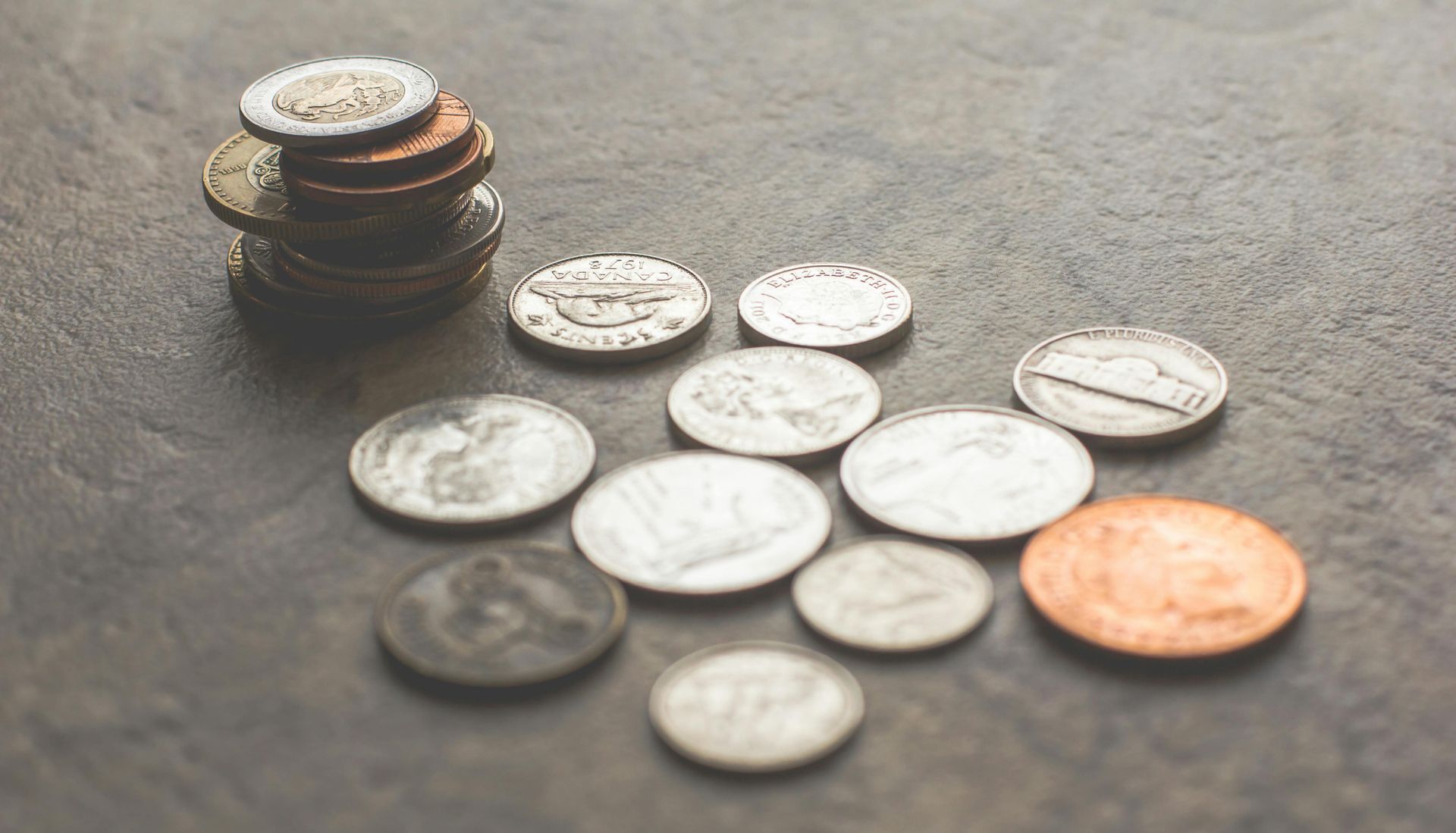Understanding the Benefits of Chapter 11 Bankruptcy in New Jersey
Understanding The Benefits Of Chapter 11 Bankruptcy In New Jersey
Facing financial difficulties can be overwhelming, but it's important to know that there are options available to help you get back on track. One such option is filing for Chapter 11 bankruptcy, which can provide individuals and businesses with a path towards financial stability. In this blog post, we will explore the benefits of filing for Chapter 11 bankruptcy, who should consider this option, and how Garden State Bankruptcy can assist the New Jersey public with their Chapter 11 bankruptcy matters.
Chapter 11 bankruptcy is often referred to as reorganization bankruptcy because it allows businesses and individuals to restructure their debts while still remaining operational. One of the main benefits of filing for Chapter 11 bankruptcy is the ability to continue operating your business while developing a plan to repay creditors over time. This can provide much-needed breathing room for businesses that are struggling financially, allowing them to focus on turning their operations around without the constant pressure of mounting debt.
Another benefit of filing for Chapter 11 bankruptcy is that it gives individuals and businesses the opportunity to renegotiate their debts with creditors. Through the process of restructuring their debts, filers may be able to reduce the total amount owed, lower interest rates, or extend repayment terms. This can make it easier for filers to meet their financial obligations and ultimately emerge from bankruptcy in a stronger financial position.
Chapter 11 bankruptcy also provides protection from creditors through an automatic stay, which halts all collection actions against the filer. This means that creditors cannot pursue legal action, garnish wages, or seize assets while the filer works on developing a repayment plan. The automatic stay can provide much-needed relief from creditor harassment and give filers the time they need to assess their financial situation and come up with a viable plan moving forward.
Who should consider filing for Chapter 11 bankruptcy?
Businesses that are struggling financially and facing insurmountable debt may benefit from this type of bankruptcy as it allows them to reorganize their finances while remaining operational. Individuals who have significant assets or income may also find Chapter 11 bankruptcy beneficial as it provides them with a structured way to repay their debts without having to liquidate all of their assets.
Filing for Chapter 11 bankruptcy can provide individuals and businesses in New Jersey with a fresh start when faced with overwhelming debt. By allowing filers to restructure their debts, negotiate with creditors, and continue operating their business, Chapter 11 bankruptcy offers a path towards financial stability. If you are considering filing for Chapter 11 bankruptcy in New Jersey, Garden State Bankruptcy is here to assist you every step of the way. Our experienced team can help you navigate the complexities of Chapter 11 bankruptcy proceedings and develop a plan that suits your unique financial situation. Don't let financial difficulties hold you back – contact Garden State Bankruptcy today to learn more about how we can help you achieve financial freedom through Chapter 11 bankruptcy.









